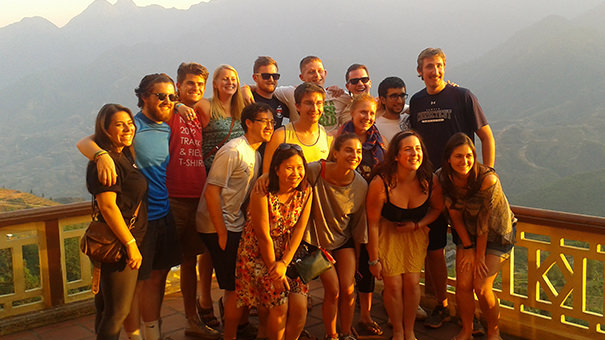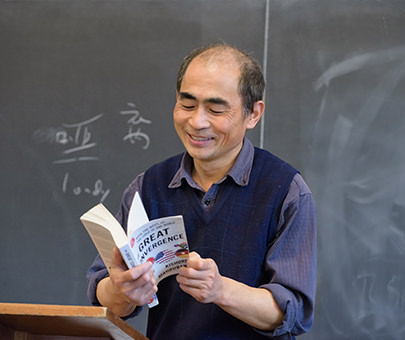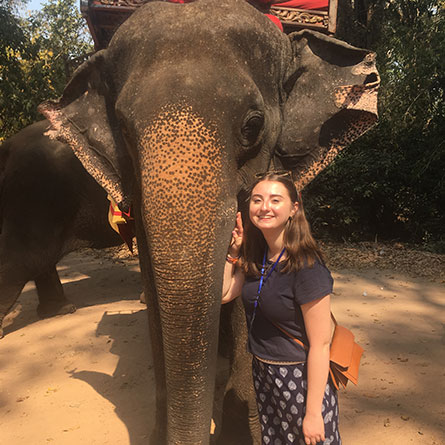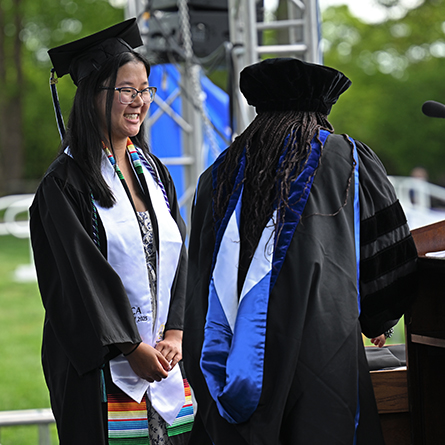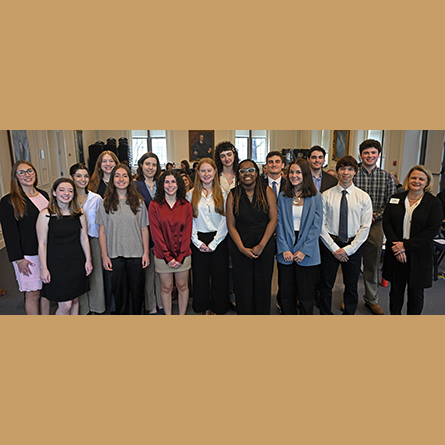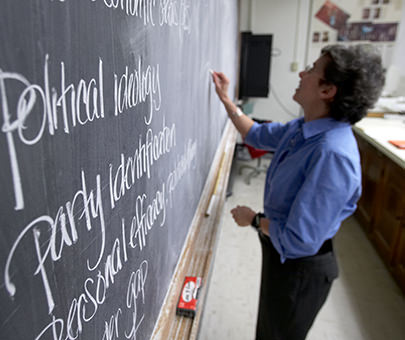
The Department of Government and International Relations is home to two majors that teach students to think critically about the policies and systems that shape the United States and the world. Government majors focus primarily on political science while International Relations majors take classes across social-science disciplines.
Talented and dedicated faculty bring cutting-edge scholarship into their courses. They offer great diversity in their expertise, including media and politics, voting behavior and reform, human rights, political theory, political economy, international law and environmental politics.
All publish widely in academic journals and support undergraduate research through the supervision of independent studies and honors theses. Faculty often co-author articles with students and prepare them to present at academic conferences. They mentor students individually and support them in their growth as thinkers and scholars while also cultivating a deep sense of community in the department. Students participate actively with faculty in the planning of lectures and social events through the Student Advisory Board.
Members of the Department of Government and International Relations have won the College’s major faculty awards: the Nancy Batson Nisbet Rash Faculty Research Award, the John S. King Faculty Award for Excellence in Teaching, the Helen Brooks Regan Faculty Leadership Award and the Helen Mulvey Faculty Award.
Professors further enrich the department’s offerings by leading students on study abroad programs, on either short-term Travel, Research and Immersion programs (TRIP) or semester-long Study Away/Teach Away programs. Students can also choose to study abroad through more traditional programs. Most Department of Government and International Relations majors study abroad for at least a semester.
Students in the department often choose to double major, and many apply to one of the College's five centers for interdisciplinary scholarship; the most popular among Government and International Relations students are the Toor Cummings Center for International Studies and the Liberal Arts (CISLA), the Holleran Center for Community Action and Public Policy and the Goodwin-Niering Center for the Environment. Majors have worked on projects such as refugee settlement in Colombia, women’s empowerment in India and the systemic sexual violence of U.N. peacekeeping troops in Rwanda.
Graduates go on to careers in a broad variety of fields, including journalism, non-governmental organizations, human rights organizations, think tanks and international finance firms. Many have spent a year as Fulbright Scholars or two years in the Peace Corps before entering graduate school or law school.
